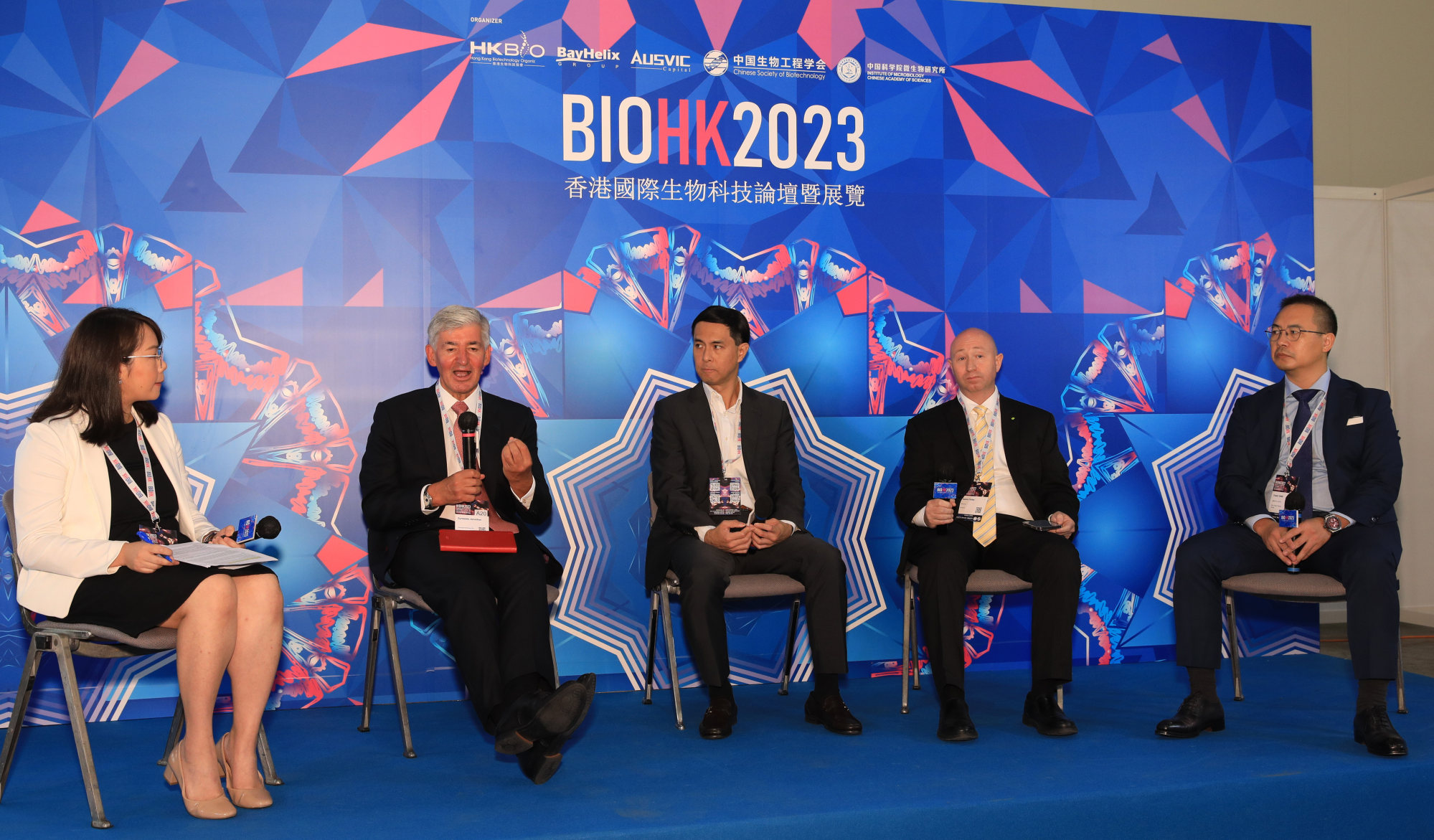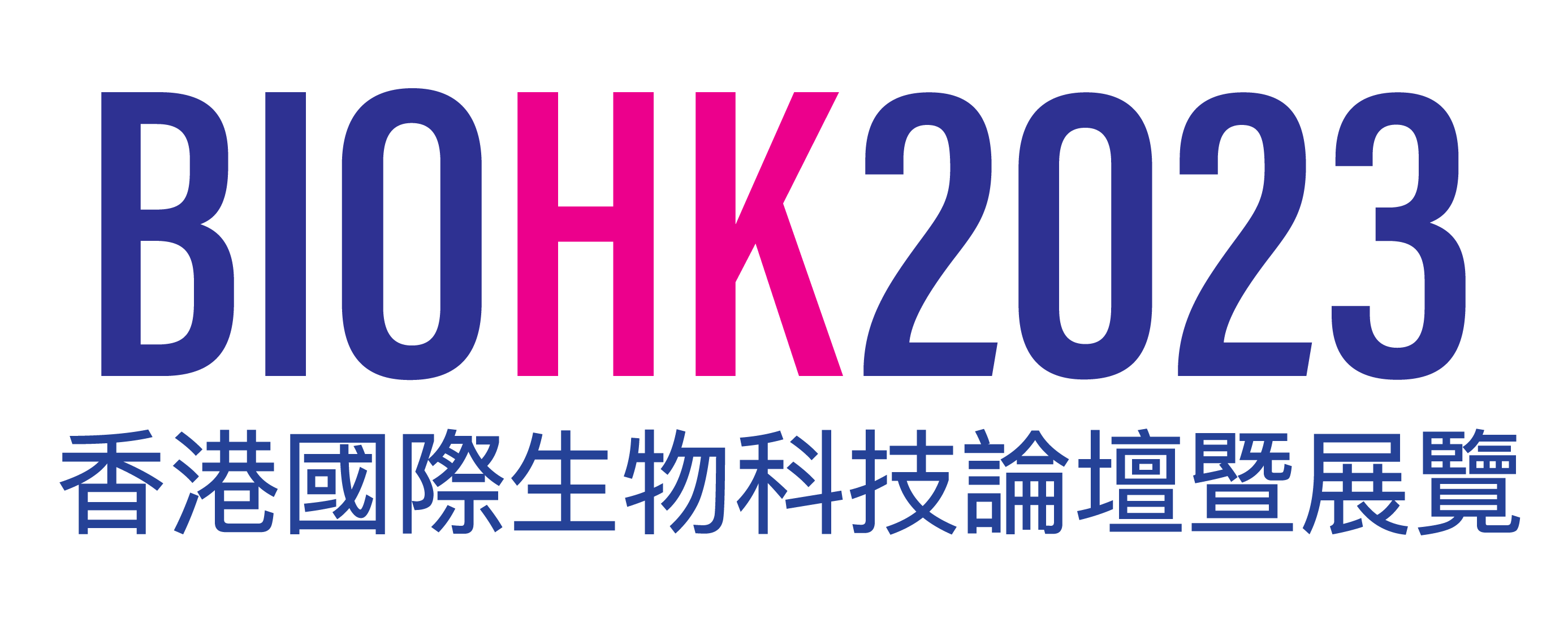View original content: Hong Kong will need ‘proper strategy’ for integrating health data for biomedical hub ambitions, pharma giant GSK chair says | South China Morning Post (scmp.com)
- Board chairman Jonathan Symonds says master plan for storing health data needed to help Hong Kong become life science ‘super connector’
- While Hong Kong can draw upon pool of life science knowledge in Greater Bay Area, strategy must link pieces together, he adds

Hong Kong will need a “proper strategy” for integrating health data to promote itself as a biomedical hub, the chairman of global pharma giant GSK has said, as he recognised the Greater Bay Area’s potential to create a data-led science ecosystem.
Jonathan Symonds, board chairman of the British-based group, on Wednesday said a master plan for storing health data should be drafted to help Hong Kong become a life science “super connector” between mainland China and the rest of the world.
“It is a proper strategy for integrated data, for both clinical application and diagnostic and research, and with tissue and blood banks that support it to be able to do functional genomics,” he said.
“The lifeblood of the future industry is going to be through the application of science to data, not the application of data to biology.”

Symonds was speaking at BIOHK 2023, a four-day biotechnology and life sciences conference held at the Hong Kong Convention and Exhibition Centre in Wan Chai. He is experienced in international finance, life sciences and governance, having previously served as the deputy group chairman of HSBC Holdings from 2018 to 2020.
He said a rich set of health data could help pave the way for improvements in making diagnoses and the development of artificial intelligence and digital tools for use in genomic medicine.
But a “very significant investment” would be needed, he added.
The government listed life and health technology as one of the industries for further development under the Innovation and Technology Development Blueprint unveiled in December last year. Hong Kong already plays a key role in this field in the Greater Bay Area, an emerging economic powerhouse combining nine cities in Guangdong province with Hong Kong and Macau.
Symonds co-chaired the external advisory board for UK Life Sciences Vision in 2021, the British government’s 10-year strategy for the healthcare industry to speed up innovations that benefit patients.
He said the British government had launched a large research programme to build a data set of 10 to 20 per cent of the country’s population with “deep phenotyping and genotyping”.
Phenotype refers to observable characteristics or traits and genotype to a set of genetic material.
“[We will have] the ability to track these people through their lives, the ability to look at the disease map across the UK, to be able to identify what the disease map of the UK looks like, where interventions are necessary,” he said.
By using the programme’s data, cost-effective pathways for care could be further developed, reducing the burden on the healthcare system, Symonds said.
Three fundamentals were needed to create a health system that supported modern science – world-class science supported by health data, access to new treatments and technologies, and support from a thriving business environment, he noted.
The bay area had four types of assets based on those fundamentals – its status as a research powerhouse, available health data, hubs of innovation and access to capital, but gaps among them had to be closed to build a data-led science ecosystem, he argued.
“But I think what we’ve learned in the UK is [that it is] not just enough to have these pieces,” he said.
A strategy was needed that brought them together, ensuring the attributes were taken together as a whole and exceeding the individual components, he added.
“What industry needs, what businesses need is access to scientific excellence,” he said. “It needs immediate access to the data sets. It needs access to tissue to allow the ability to do genomics and functional genomics.”
Symonds suggested that Hong Kong should ensure its scientific infrastructure was able to cater to the needs of different companies, regardless of their scale, years of experience or origin, “to be able to access the science base through academic collaborations, to be able to do some of the deep scientific work around genomics … to move towards clinical trials, regulatory processes”.
“These all need to be seamlessly sewn together,” he said. “And this is not a conceptual plan. This does require a lot of hard work.”
View original content: Hong Kong will need ‘proper strategy’ for integrating health data for biomedical hub ambitions, pharma giant GSK chair says | South China Morning Post (scmp.com)

